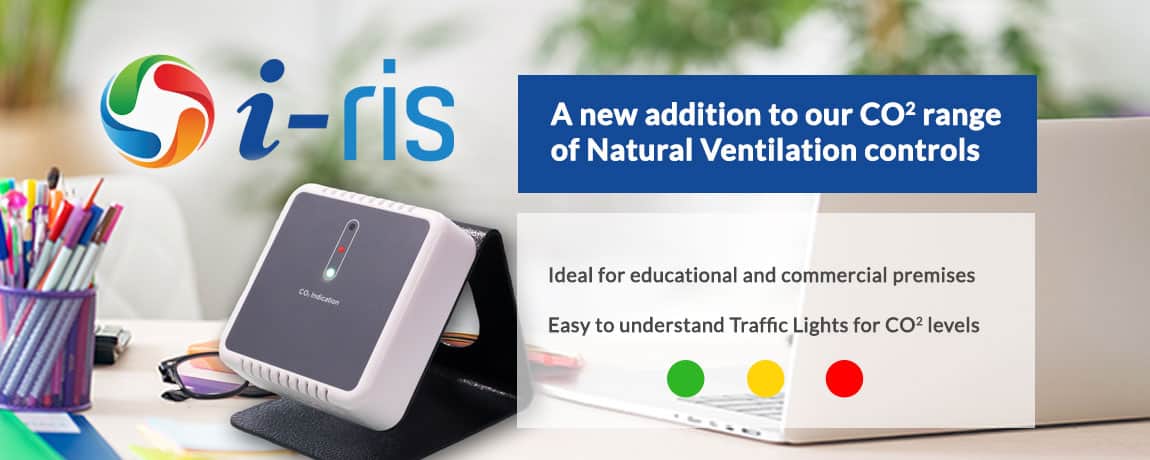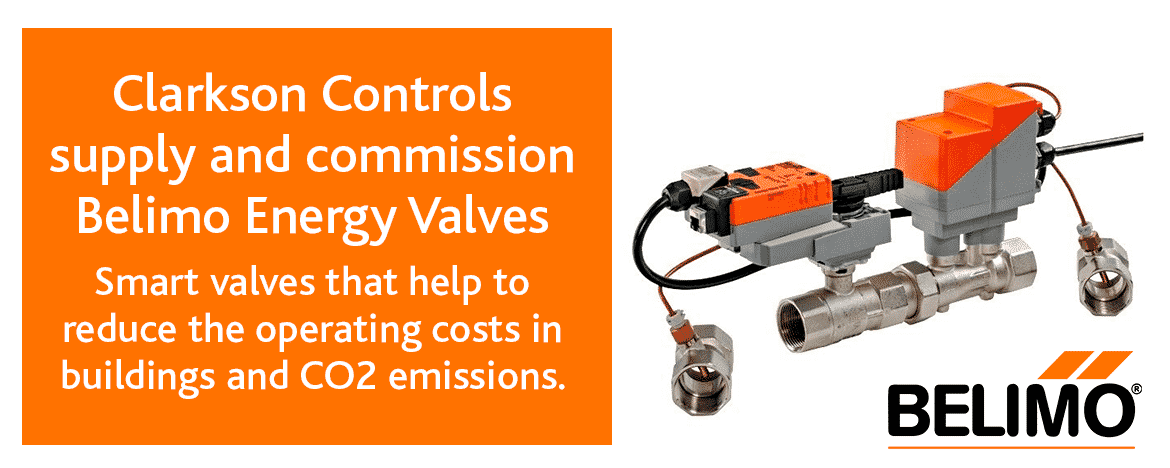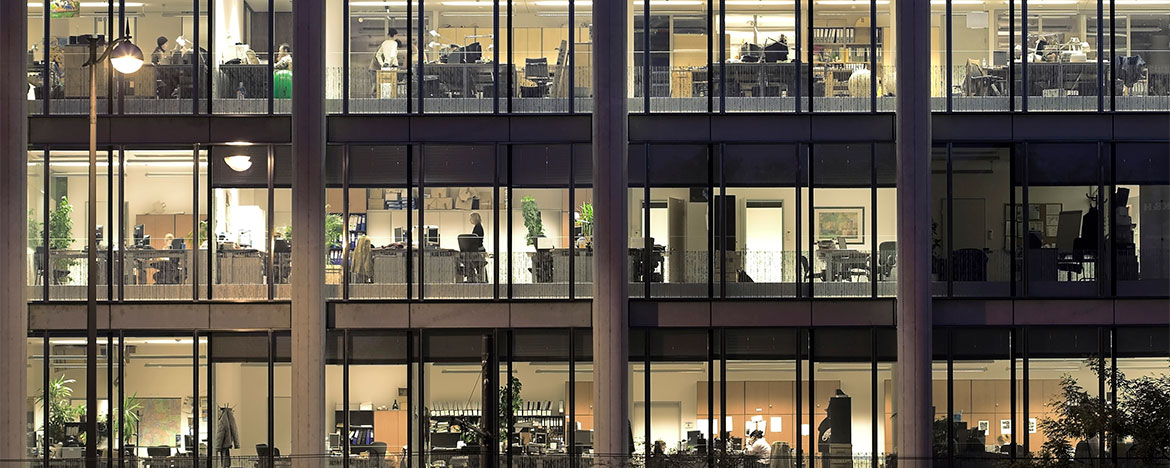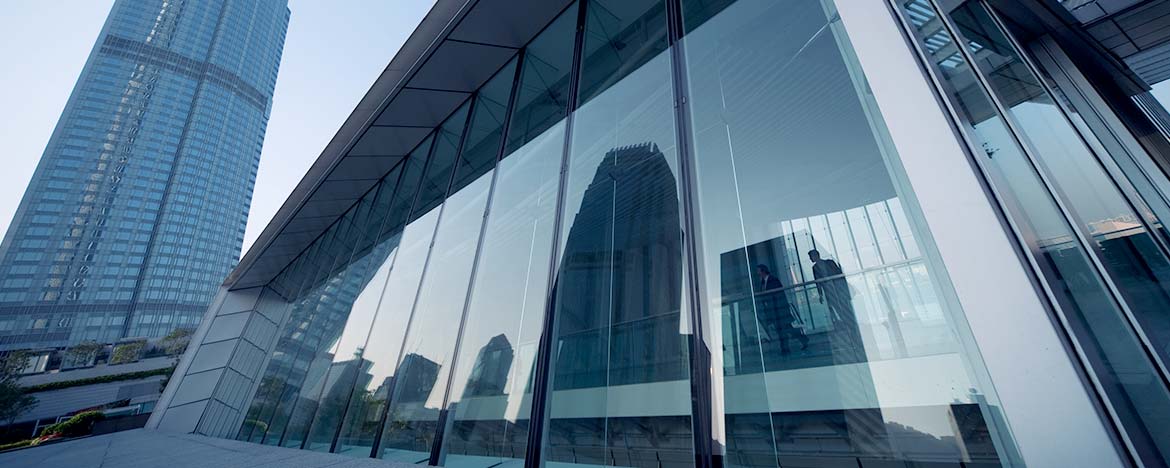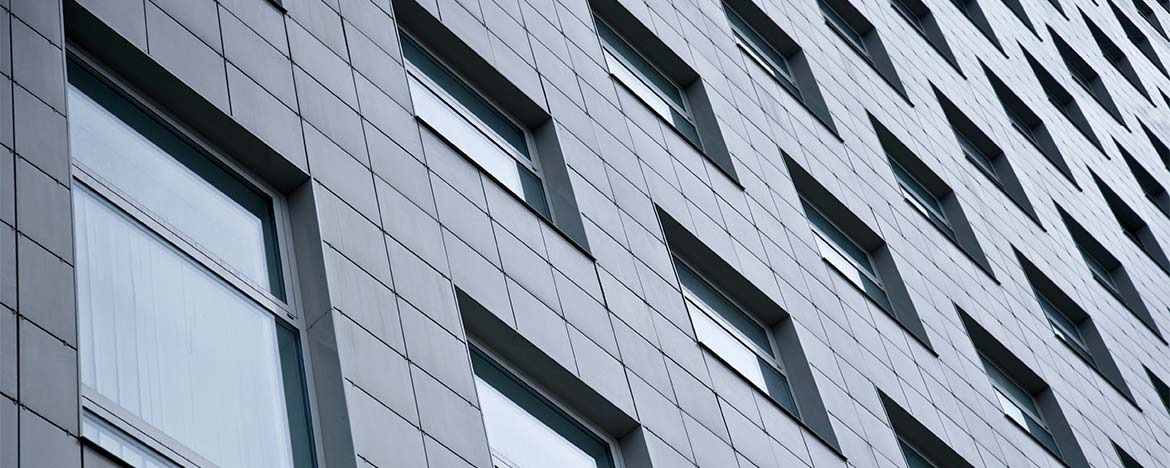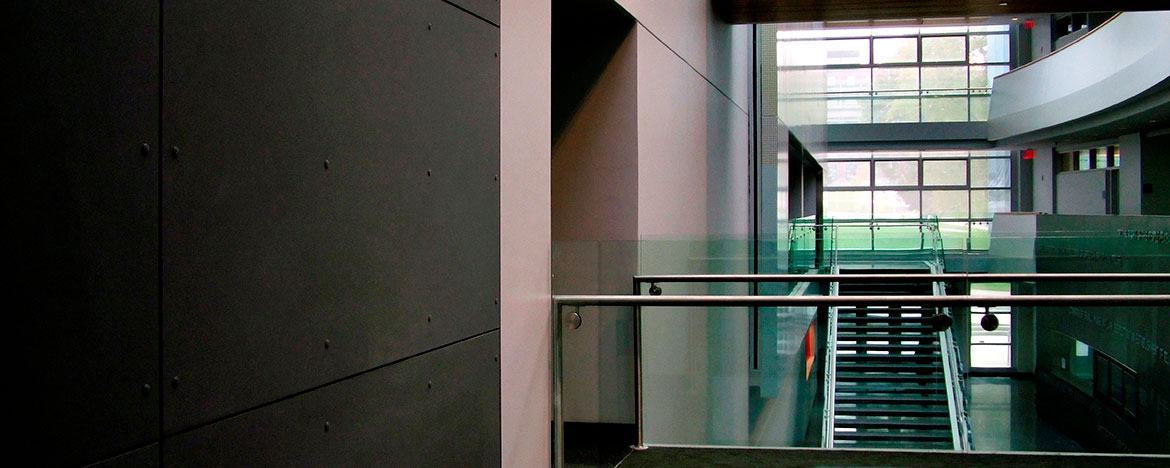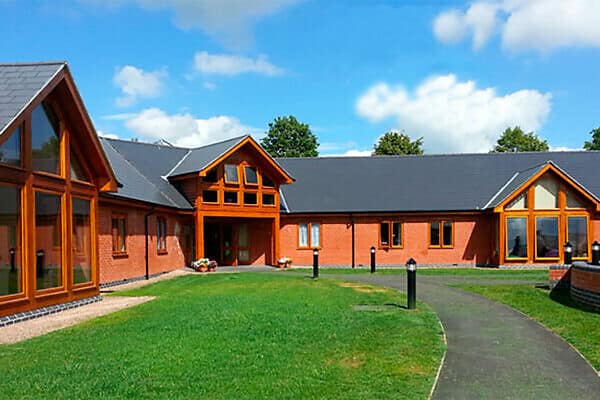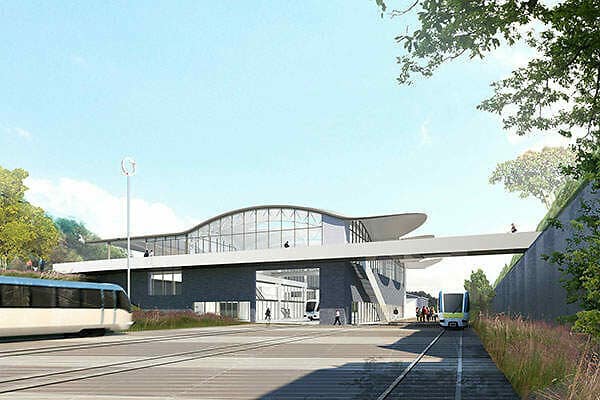
If your building, office or classroom is too warm or poorly ventilated it can become a very uncomfortable and even dangerous environment.
If the temperature of your building isn’t managed properly it can lead to Heat Stress.
The human body reacts to heat by increasing the blood flow to the skin’s surface and by sweating.

• heat can be produced within the body and, if insufficient heat is lost, the core body temperature will rise.
• as the core body temperature rises the body reacts by increasing the amount of sweat it produces, which can lead to dehydration.
• the heart rate will also increase, which puts additional strain on the body
• if the body is gaining more heat than it can lose the deep body temperature will continue to rise.
• eventually it reaches a point when the body’s control mechanism itself starts to fail.
The symptoms will worsen the longer someone remains in the same conditions.
Heat stress can affect individuals in different ways, but typical symptoms are:
• an inability to concentrate
• muscle cramps
• heat rash
• fainting
• heat exhaustion – fatigue, giddiness, nausea, headache, moist skin
• severe thirst – a late symptom of heat stress
• heat stroke – hot dry skin, confusion, convulsions and even eventual loss of consciousness.
Seasonal changes in outside air temperature can be a significant contributor to heat stress. Over time people adapt to hot, uncomfortable conditions by sweating more, (not pleasant) or by changing their behaviour to try and cool down, like removing clothing, (not ideal), drinking cool drinks, fanning themselves or reducing their work rate (ouch!).
By managing and controlling the temperature in your workplace, office, school, college, public building etc, you are likely to improve the morale and productivity of your staff or students, consider a Building Management Control System from Clarkson Controls.
Clarkson Controls design, manufacture and supply building management control systems with fully programmable BACnet sensors that control a buildings energy usage, heating, mechanical ventilation, automated windows, natural ventilation, Legionella control, air conditioning and lighting. Our design team offer bespoke building control systems to ensure your building space is comfortable, this includes air temperature, humidity and air movement.

